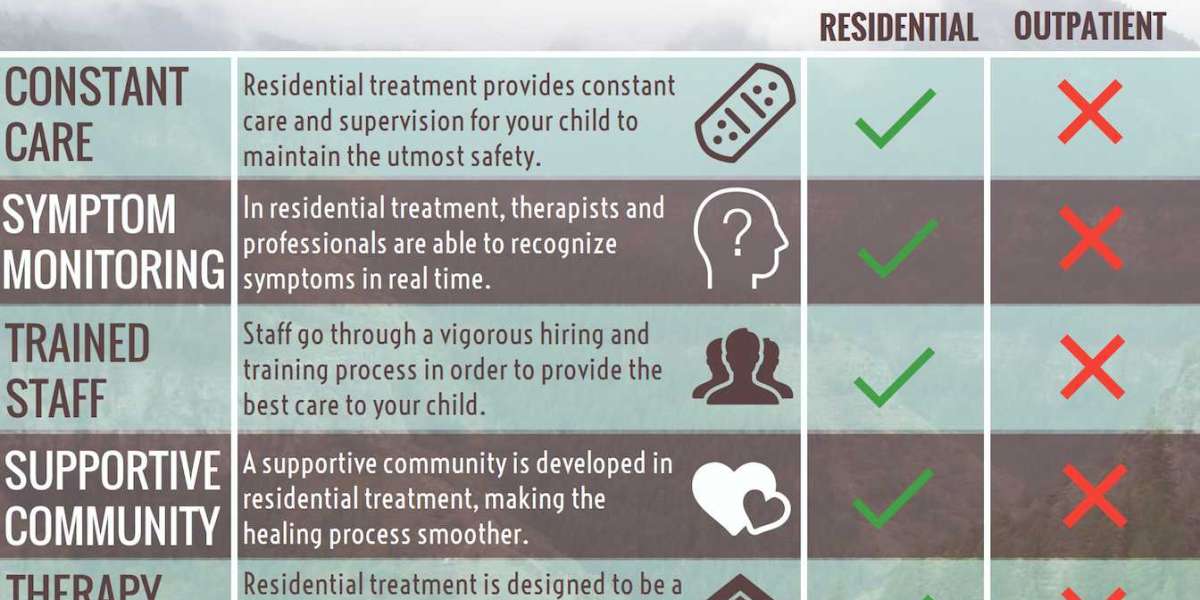Residential inpatient treatment can be a great choice for people who have struggled with alcohol and drug abuse. However, it is important to know that there are many factors to consider before entering an inpatient facility.
Family therapy
Family therapy is the process of bringing family members together to address a wide range of problems. It can include one-on-one counseling or group sessions. These can be beneficial to the family as well as the person suffering from the problem.
While a family may be able to resolve some problems on their own, it is often more effective when other people are involved. For example, a group of coworkers could work on a solution to a common issue. In addition, a medical professional can provide support, guidance, and encouragement to help a patient through their recovery.
A multidisciplinary team is usually needed to ensure a person with an addiction is receiving the best treatment. This includes a psychiatrist, a licensed substance abuse counselor, and a case manager. All of these individuals have received special training to address the unique needs of the patient.
Some residential programs offer a variety of evidence-based therapies. These include group and individual counseling, along with trauma and cognitive development.
Experiential therapy
Experiential therapy is an interactive method of therapeutic intervention that engages on a multisensory level. Its main purpose is to help people overcome emotional distress and develop new skills in the process.
Experiential therapy is often paired with traditional talk-based therapy, and has also been found to be beneficial in treatment of addiction and other mental disorders. However, it should not be used in place of more traditional methods.
There are a variety of types of experiential therapy, including adventure therapy, art therapy, and guided imagery. These techniques can be combined with other more conventional types of therapy, such as cognitive behavioral therapy.
Experiential therapy helps patients understand their emotional states, and it is often used with group therapy. It can be a very healthy way to cope with a difficult situation. This type of therapy is also considered to be a very useful coping mechanism for substance abuse patients, and it can help them overcome their triggers and develop alternative coping mechanisms.
Focus on long-term sobriety
Residential inpatient treatment helps individuals with substance dependence overcome addiction. In a residential environment, patients can receive around-the-clock support from medical and mental health professionals. They can also learn relapse prevention skills.
Many patients who enter residential programs have long-term success. Research has shown that the majority of substance-dependent patients are able to stop using drugs or alcohol and maintain their sobriety. This is because the residential setting provides a safe and supportive environment.
Unlike outpatient treatment, patients who are enrolled in residential programs live on the premises and participate in group and individual counseling. The goal of the program is to help patients develop healthy coping mechanisms and a positive attitude towards life.
Aftercare is an important component of most treatment efforts. This is especially true in formal intensive interventions. Relapse prevention is taught during treatment, but especially in aftercare after discharge. Patients are also encouraged to take advantage of drug-free community supports.
Typically, aftercare plans include continuing therapy and attending 12-Step meetings. In addition, they may also include vocational assistance, life skills classes, or educational assistance.
Cost
Whether you are looking to recover from an addiction or you are looking for a rehab for a loved one, you need to know how much residential inpatient treatment will cost. The cost of residential inpatient will depend on the facilities you choose, their amenities, and the length of the program.
Inpatient rehab costs can range from several hundred dollars a day to a few thousand. A simple inpatient program may only cost a few thousand, while an intensive, luxury inpatient treatment program can cost hundreds of thousands of dollars. However, insurance is sometimes available to cover the cost of a luxury inpatient facility.
Residential inpatient treatment is a good choice for those with long-term addictions. It offers more than outpatient rehab, and is especially helpful for people who have relapsed in an outpatient program.
Cost of inpatient addiction treatment varies depending on where you live. Large cities with higher living expenses tend to have higher costs. Smaller towns may be less expensive. Rehab programs can also be more expensive if they offer extra services, such as a gym or an in-house restaurant.







